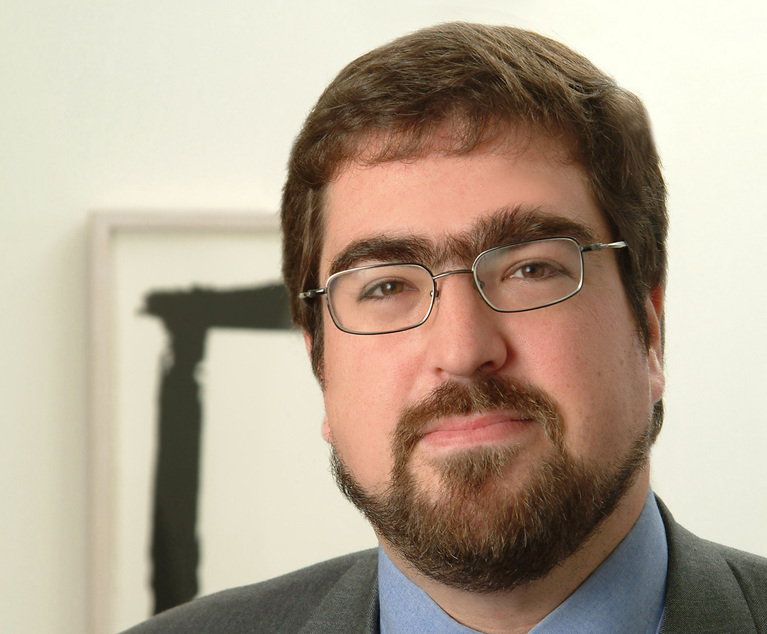Since Gov. Andrew Cuomo signed the Compassionate Care Act (N.Y. Pub. Health L. §3369 (2014)) (CCA), into law in July 2014, legalizing medical marijuana in New York state, the landscape for legal cannabis in New York has changed considerably. What originally was seen as one of the most restrictive medical marijuana laws in the country, viewed by some as so narrow and limited in scope that it was intended to fail, has evolved considerably as the atmosphere in the United States with regard to legal access to marijuana has changed.
The medical marijuana program created by the CCA, administered through the State Department of Health, established five “Registered Organizations” (ROs) for the distribution of cannabis. Each of these entities is allowed to be involved in all phases of the medical marijuana project created by the statute, from cultivation of marijuana plants to retail sales of the product. Cannabis, which was to be available only in capsules or liquid and oils (for vaporization or inhalation), may only be sold through authorized dispensaries. Each Registered Organization, however, was allowed to have only four dispensaries—a total of 20 in a state of more than 19 million people. Participation in the program was limited to persons with a handful of serious conditions—including cancer, AIDS and multiple sclerosis—and thus excluded many individuals who might benefit from it.
This content has been archived. It is available through our partners, LexisNexis® and Bloomberg Law.
To view this content, please continue to their sites.
Not a Lexis Subscriber?
Subscribe Now
Not a Bloomberg Law Subscriber?
Subscribe Now
LexisNexis® and Bloomberg Law are third party online distributors of the broad collection of current and archived versions of ALM's legal news publications. LexisNexis® and Bloomberg Law customers are able to access and use ALM's content, including content from the National Law Journal, The American Lawyer, Legaltech News, The New York Law Journal, and Corporate Counsel, as well as other sources of legal information.
For questions call 1-877-256-2472 or contact us at [email protected]


 Medical marijuana nursery. Photo: Shutterstock
Medical marijuana nursery. Photo: Shutterstock




